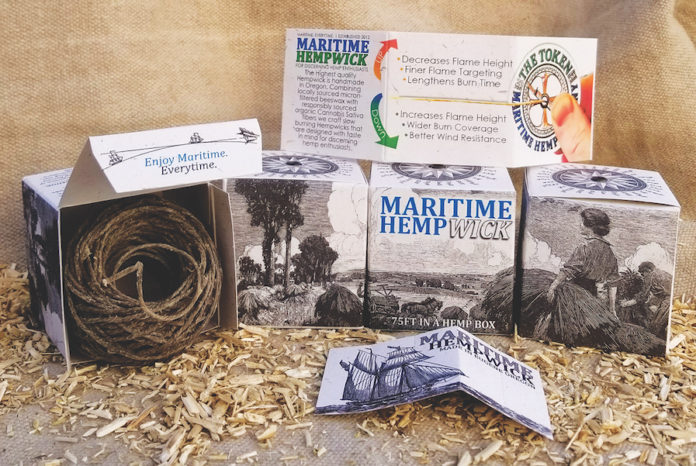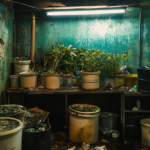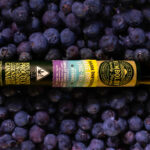“Sustainable” isn’t the word that comes to mind when one drives through certain areas of the Pacific Northwest, seeing firsthand the swaths of clear-cut landscape devoid of trees. Although we live in a digital age, more than a third of trees harvested are used for paper production. Forests serve as important carbon sinks, creating solid matter from carbon dioxide removed from the atmosphere. The destruction of Earth’s forests is responsible for 20 percent of total emissions as carbon is released back into the air, making deforestation the second leading cause of greenhouse gases.
This wasn’t always the case. Tree-based paper didn’t appear until the 1830s, but fast forward to today and the paper industry is the fourth-largest producer of greenhouse gases, cutting down 7.5 billion trees each year for paper alone. With the rising popularity of single-use packaging, global paper consumption has risen 400 percent over the past forty years. The United States has been the primary driver of the trend.
As the second largest consumer of paper after China, the U.S. uses approximately 30 percent of the international paper supply, or 700 pounds of paper per average American annually. Although recycling rates have increased, American recycling plants are struggling to find markets for their products. Changes in Chinese import laws have diminished that market, allowing U.S. stockpiles to grow. If not sold, that material is destined for landfills.
Even if American mills can find buyers for their stockpiles, paper has a finite recycling lifespan. Each time it undergoes the process, the fibers are shortened. When the fibers have been shortened past their point of usability, they are disposed of as waste. Biodegradable materials like paper and other organic matter cause anaerobic digestion when buried in a landfill. This creates methane, a greenhouse gas approximately thirty times more damaging than CO2.
While the circumstances may seem dire, there is a sustainable solution: Hemp.
More durable than its tree-based counterpart, hemp paper is composed of 25 percent hemp fiber and 75 percent post-consumer paper waste. Similar to the way rods of rebar strengthen concrete, the hemp fibers merge with paper waste to create a material stronger than the original product. Combining paper waste with hemp not only keeps tons of material from producing harmful methane, but also doesn’t require the forest devastation seen in paper production. Hemp paper can be recycled just like any other paper.
While printing on hemp has yet to go completely mainstream, the largest sector of growth is in packaging. Recycled paper isn’t strong enough on its own to package most products, but the addition of hemp creates the structural integrity necessary to manufacture high-quality boxes.
While plastic pre-roll tubes commonly found in dispensaries meet state legal requirements, they certainly aren’t sustainable. Single-use plastic packaging makes up about 50 percent of all plastic waste, a majority of which ends up either in landfills or oceans. Consumers increasingly hold companies accountable for such environmental effects. Since printing costs are generally a fraction of a product’s overall budget, a growing array of products, including joints, vape cartridges, and tincture dropper bottles, already are packaged in hemp paper.
If the U.S. made the switch tomorrow, 58 billion pounds of hemp would meet the country’s current paper demands. Growing that much hemp would require nearly thirty million acres of farmland, an obvious boon to American farmers presently forced to rely on subsidized corn and soybean crops. Unfortunately, American hemp production is nowhere near that level, with fewer than 40,000 acres licensed to grow hemp in 2017.
The number appears destined to grow, though, if we can believe provisions included in the 2018 Farm Bill. States that have legalized cannabis are reaping the economic benefits of maintaining a regulated industry and have paved the way for future legislation.
The cannabis industry is devoted to sustainability at every other step from the farm to the store. Why not adopt sustainable packaging as well? Consumers, and the planet, would welcome the move.














